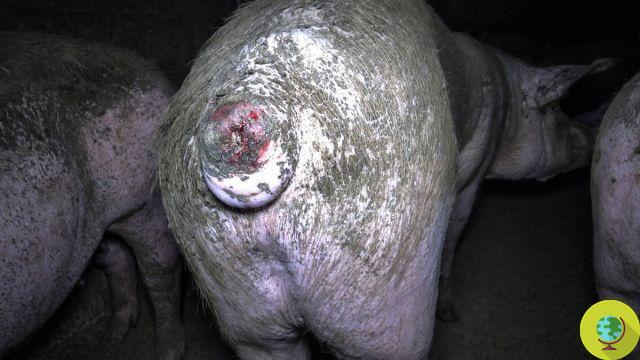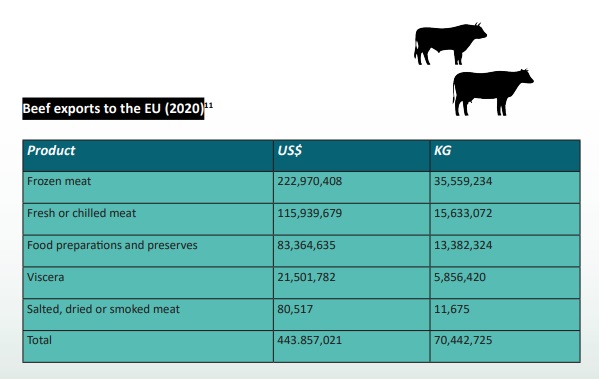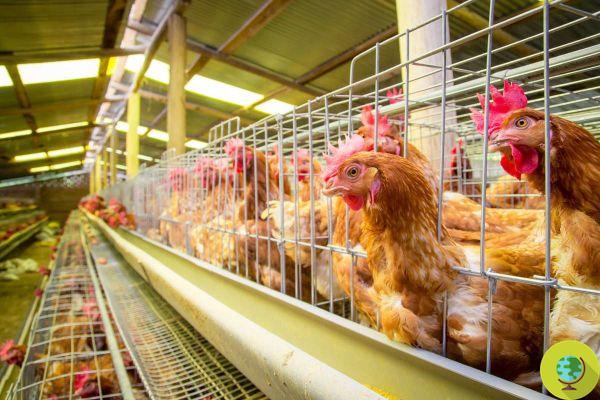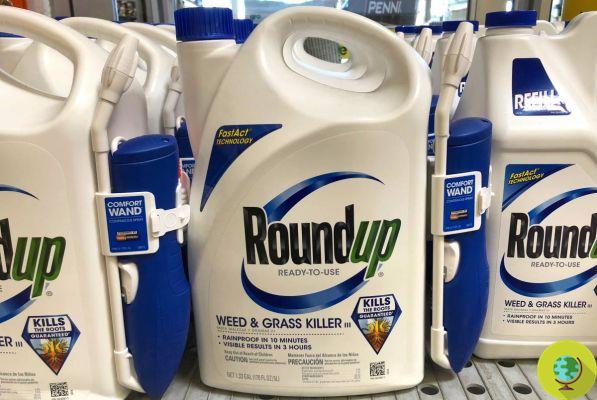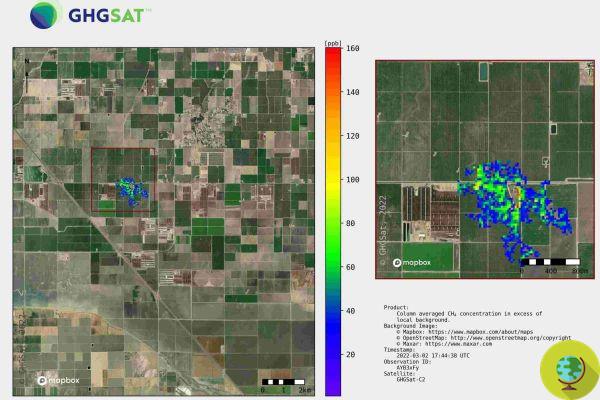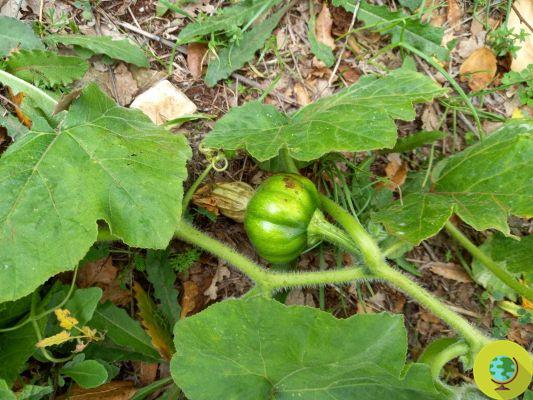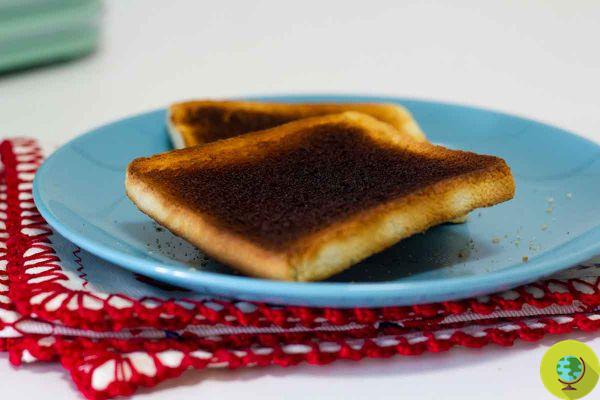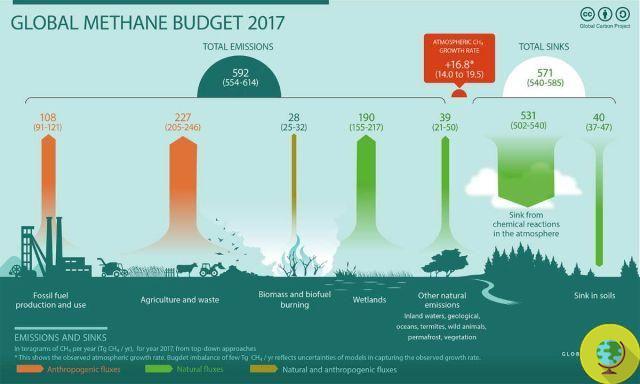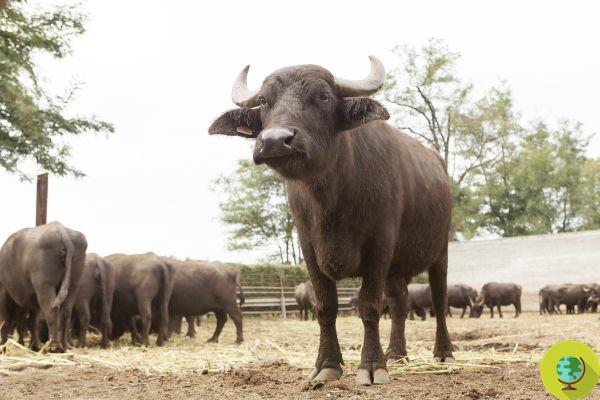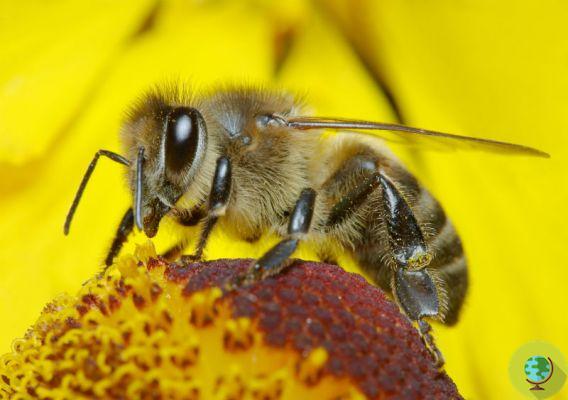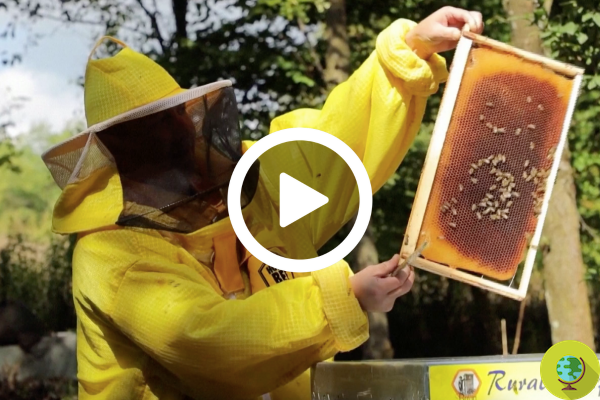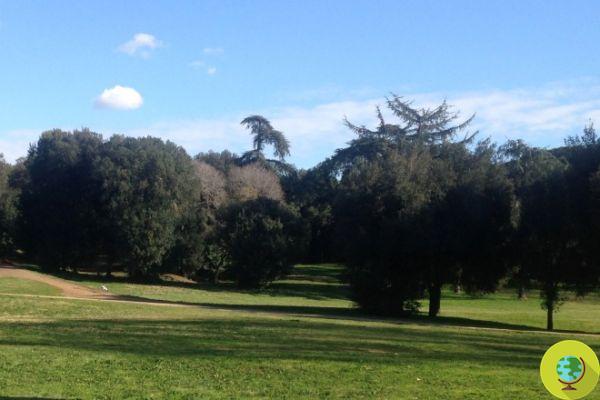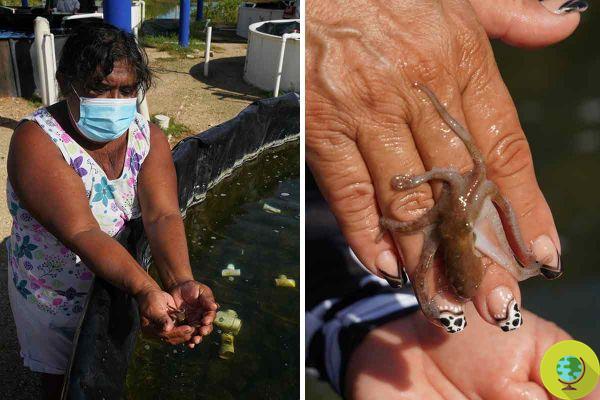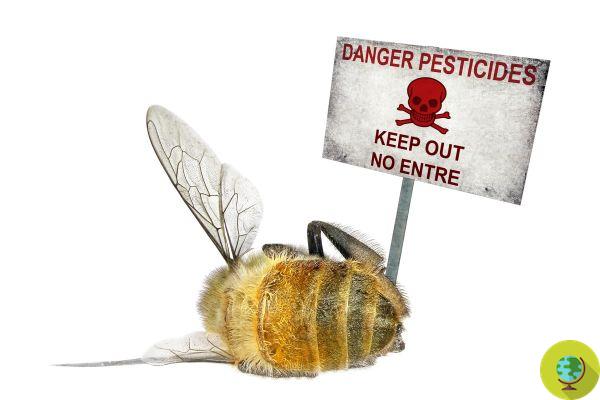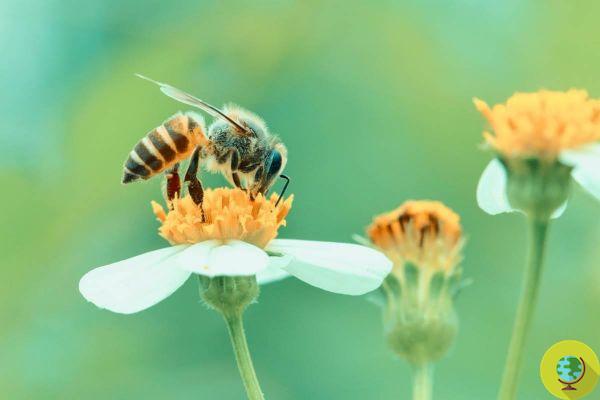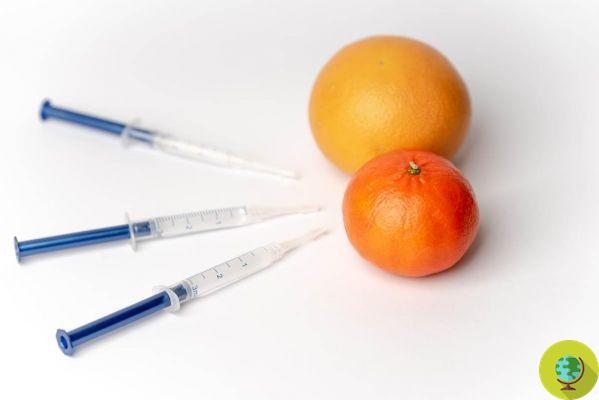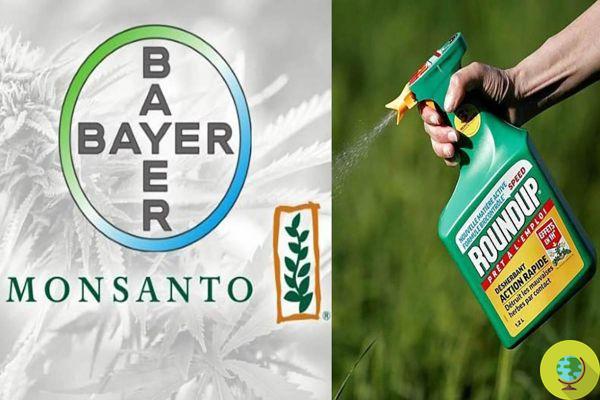Exposure of bees and bumblebees to neonicotinoid pesticides damages and hinders pollination. The new discoveries on neonicotinoids highlight this. Scientists are concerned above all with the importance of pollination for food crops.
He is about to end up run over, his mother saves himThe exhibition of api and bumblebees to neonicotinoid pesticides damages and hinders pollination. The new discoveries on neonicotinoids highlight this. Scientists are concerned above all with the importance of pollination for food crops.
There has long been good evidence relating to negative effects of pesticides on bees and on pollination, but one new research published in the scientific journal Nature is the first to show the negative impact on pollination as a vital task performed by bees for agriculture.
The European Union has suspended the use of three types of neonicotinoid pesticides for three years since 2013, but has in the meantime approved two more, while in the UK, farmers' lobbies have partially lifted the suspension of the use of these pesticides.
The concern of the experts concerns above all pollination of apple trees by bumblebees and bees, as well as other fruit trees and food crops in general. The findings of this study have important implications for the economy, as the work done by bees and bumblebees for pollination around the world is worth several billions.
The research was conducted at the University of Reading and highlighted the exposure of colonies of bees and bumblebees to neonicotinoid pesticides within cultivated fields, and then tested the ability of these insects in 'pollinate apple trees.
Compared to colonies not exposed to pesticides, pollinating insects that had come into contact with these substances had collected less pollen and visited fewer trees. A tree's apple production under these circumstances could be reduced by a third.
The pesticides concerned therefore negatively affect the behavior of bees, although scientists have not yet discovered what the reasons for this phenomenon are. Previous research, however, had already shown how neonicotinoids know how to affect the ability to learn and memorize bees, which is essential for carrying out the pollination task in the best possible way.
The companies producing neonicotinoids they have already expressed themselves unfavorable to the new research, but it is likely that this was only done to defend their own economic interests. Who will really defend the bees instead? It is time for European and international authorities to pay greater attention to the scientific research that proves the danger of neonicotinoids for pollinating insects.
Marta Albè
Read also:
NEONICOTINOIDS: BEES AND BOMBS ATTRACTED BY KILLER PESTICIDES AS IF THEY WERE DRUG
BEE DEATH: NEONICOTINOID PESTICIDE FAULT, CONFIRMATION IN NEW STUDY
BEE DEATH: NOT ONLY NEONICOTINOIDS. ALSO THE FUNGICIDES UNDER ACCUSED




